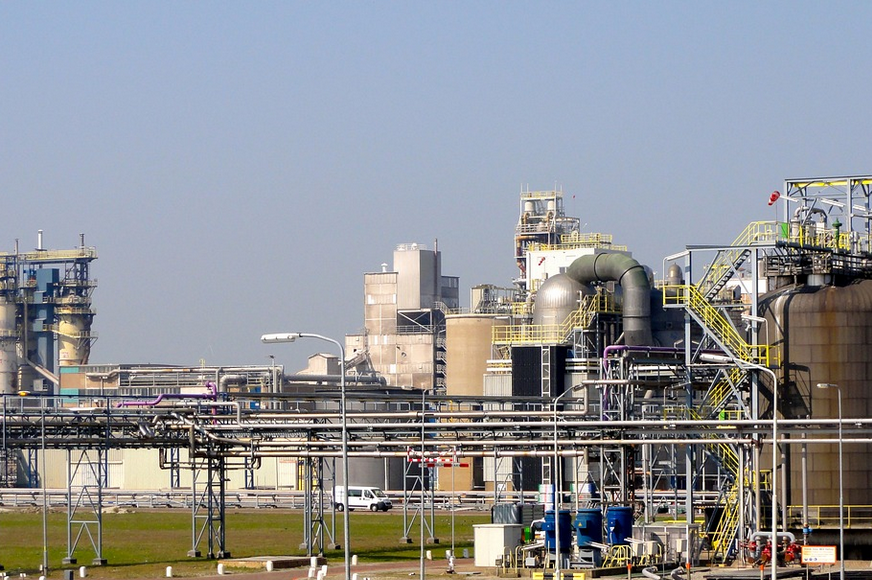Introduction
Parmesan cheese is a popular ingredient in many dishes, especially Italian cuisine. It’s known for its strong and nutty flavor, which can enhance the taste of any dish. However, for people who are lactose intolerant or have a sensitivity to lactose, consuming parmesan cheese can be a concern. In this article, we’ll explore how much lactose is in parmesan cheese and whether it’s safe for lactose intolerant individuals to consume.
What is Lactose?
Lactose is a sugar found in milk and dairy products. It’s made up of glucose and galactose and is broken down by the enzyme lactase in the small intestine. People who are lactose intolerant have a deficiency in lactase and can’t digest lactose properly, leading to symptoms such as bloating, gas, and diarrhea.
How Much Lactose is in Parmesan Cheese?
Parmesan cheese is a hard, aged cheese that’s made from cow’s milk. During the cheese-making process, most of the lactose is removed as the cheese curd is separated from the whey. As a result, parmesan cheese contains very little lactose, usually less than 0.1 gram per ounce. This makes it a safe option for people with lactose intolerance to consume.
Is Parmesan Cheese Safe for Lactose Intolerant Individuals?
Yes, parmesan cheese is generally safe for lactose intolerant individuals to consume. As mentioned earlier, parmesan cheese contains very little lactose, so it’s unlikely to cause symptoms in people with lactose intolerance. However, it’s important to note that some people may still be sensitive to parmesan cheese due to other factors, such as its high salt content or the presence of other allergens.
How to Identify Lactose-Free Parmesan Cheese?
If you’re lactose intolerant, you may want to look for lactose-free parmesan cheese. Some brands of parmesan cheese may be labeled as lactose-free, but it’s important to read the label carefully to ensure that it’s truly lactose-free. You can also look for parmesan cheese that has been aged for longer periods, as this can reduce the lactose content even further.
Conclusion
In summary, parmesan cheese contains very little lactose, making it a safe option for lactose intolerant individuals to consume. However, it’s important to be aware of other factors that may cause sensitivity, such as its high salt content or the presence of other allergens. As always, it’s best to consult with a healthcare professional if you have any concerns or questions about your dietary needs.

